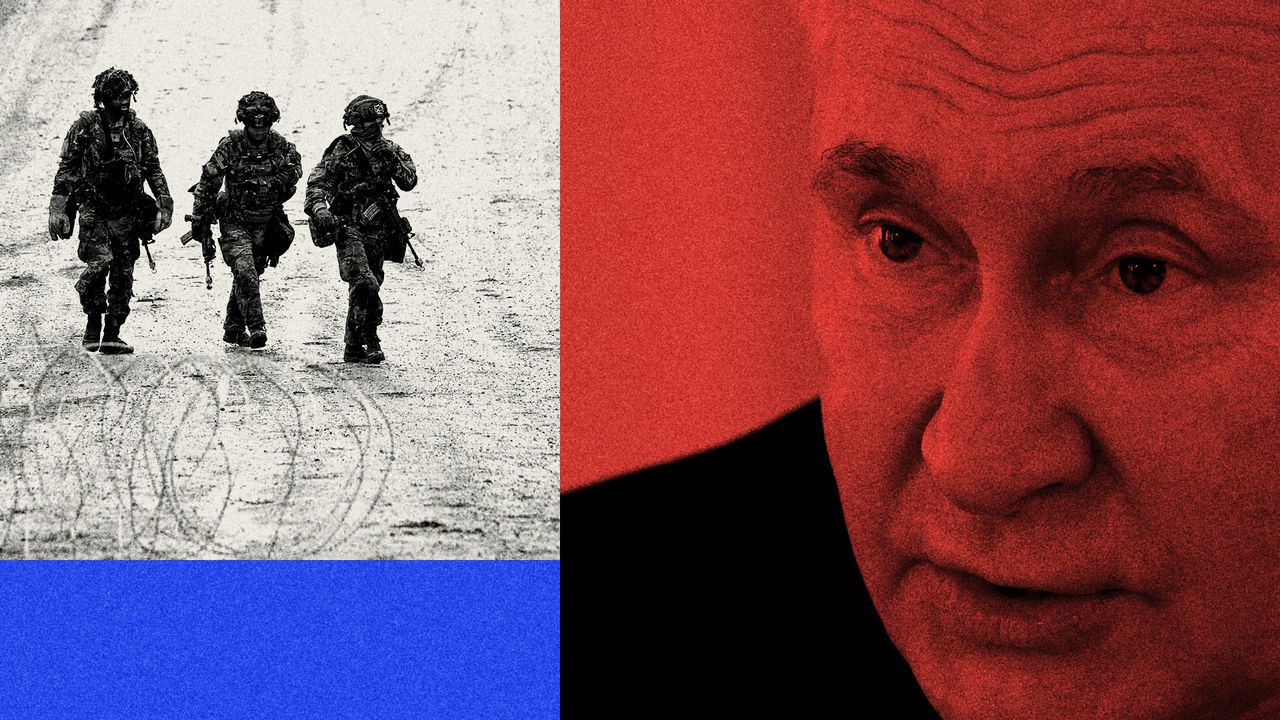- by
- 01 23, 2025
-

-
-
Loading

Loading


The secondnato anniversary of Russia’s invasion of Ukraine, on February 24th, and the continuing menace Vladimir Putin, Russia’s president, presents to Europe, were always going to overshadow this year’s Munich Security Conference. But as the annual gathering of bigwigs got under way, a series of additional blows fell. First came the death of , Russia’s foremost opposition leader, in a Siberian gulag on February 16th. The next day Ukraine’s army withdrew from the town of Avdiivka, handing Mr Putin his first military victory in almost a year. America’s Congress, meanwhile, showed no sign of passing a bill to dispense more military aid to Ukraine, which is starved of ammunition and therefore likely to suffer more setbacks on the battlefield. The auguries could scarcely have been more awful.The deadlock in Congress reflects the baleful influence of , whose opposition to aid for Ukraine has cowed Republican lawmakers. It was the spectre of Mr Trump’s potential return to office in November’s presidential election that cast the darkest pall over Munich. A week earlier Mr Trump had explained what he would say to an ally in that had not spent as much as the alliance urges on defence and then suffered an invasion: “You’re delinquent? No, I would not protect you. In fact, I would encourage them [the invaders] to do whatever the hell they want.”